Found 54 movies, 12 TV shows, and 7 people
Can't find what you're looking for?
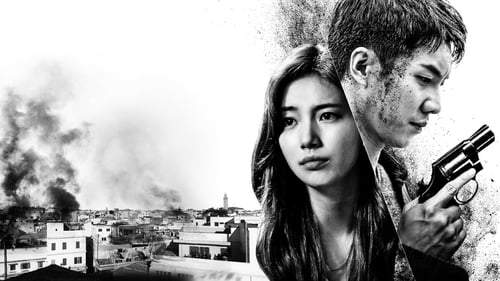
Stuntman Cha Dal-geon gets involved in a tragic airplane crash and ends up discovering a national corruption scandal in the process. Go Hae-ri, the oldest daughter of a deceased marine, decides to work for the National Intelligence Service as a secret ops agent in order to support her mom and younger siblings, although all she wanted to do is to become a civil servant.

No description available for this show.
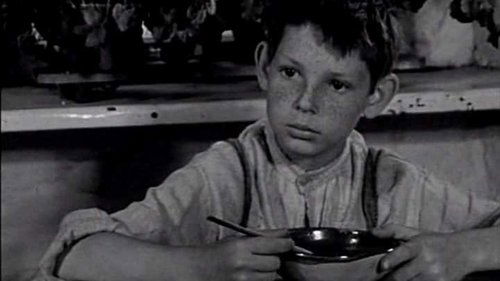
Once Rasmus escapes from the orphanage, he meets on his way a friendly and kind wanderer Oscar, who first persuades him to return to the orphanage, and later allows him to stay and make a living by singing and chopping wood for the old ladies. They spend many unusual, dangerous and interesting adventures together, and reveal the big thieves Lifa and Liandra in the city. In the end, everything goes well and Rasmus finally finds his new family, a warm home and feels what it’s like to live a family life.

No description available for this show.

No description available for this show.

No description available for this show.

The Vagabond 7 is a reality TV show on MCD that documents the lives of seven current college students who are given concert tickets and VIP access to high profile music events with an objective to capture the concert atmosphere and artist interaction on their individual handheld video camera. The “Vagabond 7” interactive website features cast profiles, event clips, original artist content, deleted scenes and audition tapes.

Welcome to The Daily Wrap Up, a concise show dedicated to bringing you the most relevant independent news, as we see it, from the last 24 hours. “Trans Movement” Makes Thoughtcrime Reality & Ushers In New Flavor Of Authoritarian Control
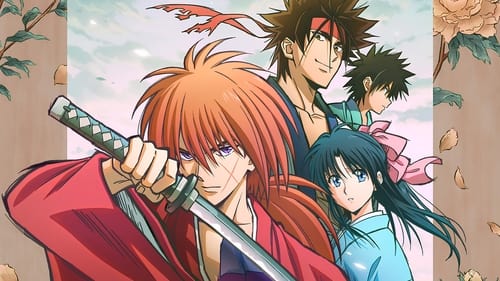
Ten years have passed since the end of Bakumatsu, an era of war that saw the uprising of citizens against the Tokugawa shogunate. The revolutionaries wanted to create a time of peace, and a thriving country free from oppression. The new age of Meiji has come, but peace has not yet been achieved. Swords are banned but people are still murdered in the streets. Orphans of war veterans are left with nowhere to go, while the government seems content to just line their pockets with money.
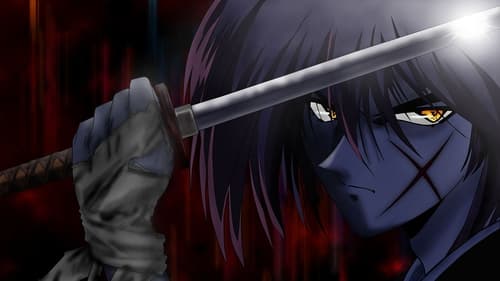
The Meiji Era was one of great renewal for Japan, where swords and killing were outlawed. However, many survivors from the time of Revolution still live, lurking in the shadows and waiting for a chance to use their killing blades again. Only Kenshin Himura, formerly one of the most brutal of killers, hopes to keep his swordsman's honor and still live in the new era.
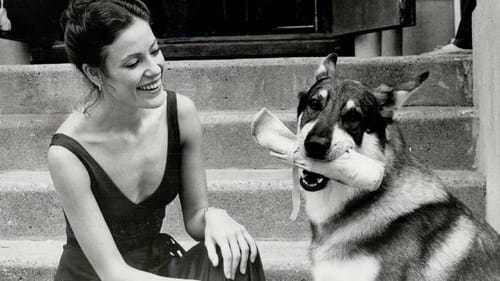
The Littlest Hobo is a Canadian television series based upon a 1958 American film of the same name directed by Charles R. Rondeau. The series first aired from 1963 to 1965 in syndication, spanning six seasons and was revived for a popular second run on CTV from October 11, 1979 to March 7, 1985. It starred an ownerless dog. All three productions revolved around a stray German Shepherd, the titular Hobo, who wanders from town to town, helping people in need. Although the concept was perhaps similar to that of Lassie, the Littlest Hobo's destiny was to befriend those who apparently needed help. Despite the attempts of the many people whom he helped to adopt him, he appeared to prefer to be on his own, and would head off by himself at the end of each episode. Never actually named on-screen, the dog is often referred to by the name Hobo or by the names given by temporary human companions. Hobo's background is also unexplained on-screen. His origins, motivation and ultimate destination are also never explained. Although some characters appeared in more than one episode, the only constant was the Littlest Hobo himself.
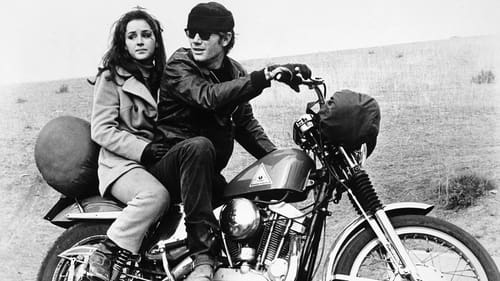
Then Came Bronson is an American adventure/drama television series produced by MGM Television and broadcast on NBC from 1969 to 1970. Created by Denne Bart Petitclerc, the series began with a feature-length pilot on March 24, 1969. It was greenlit for one year and began first run on September 17, 1969. Disillusioned reporter Jim Bronson quits his job and starts wandering the road on his Harley-Davidson motorcycle as a form of soul-searching. He meets various characters; some he helps, others he educates.